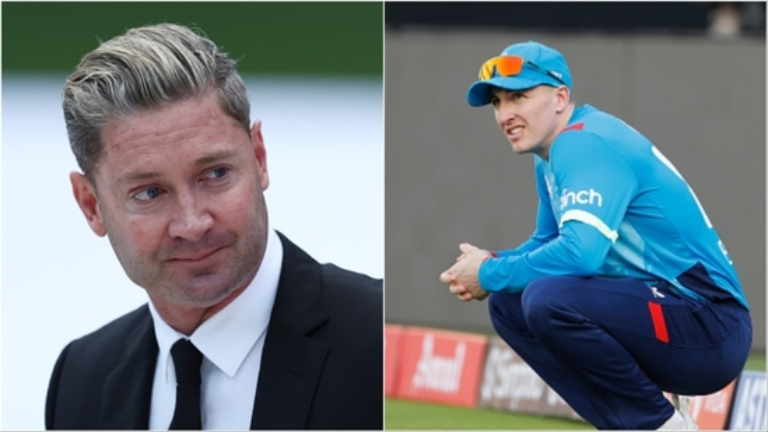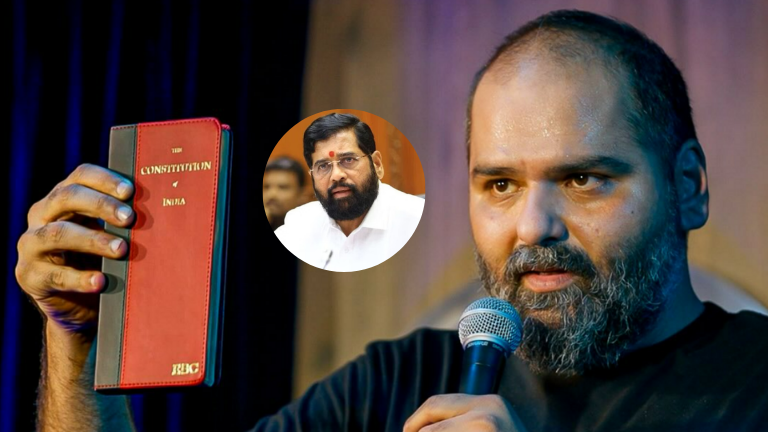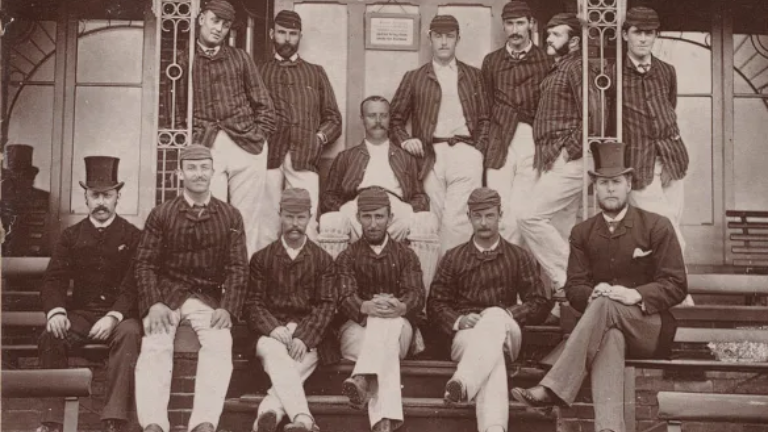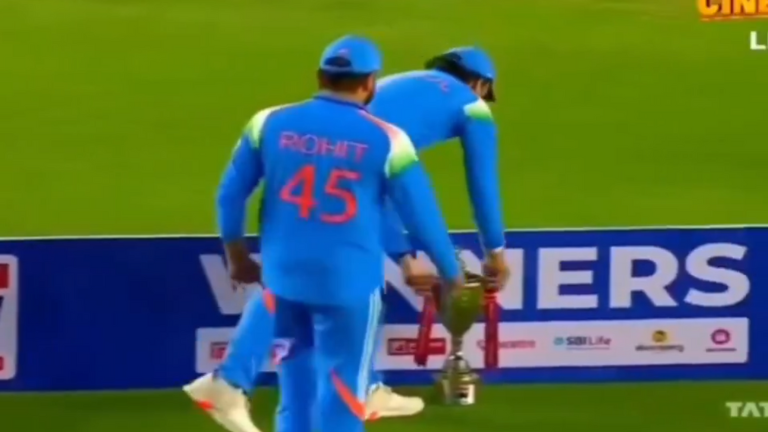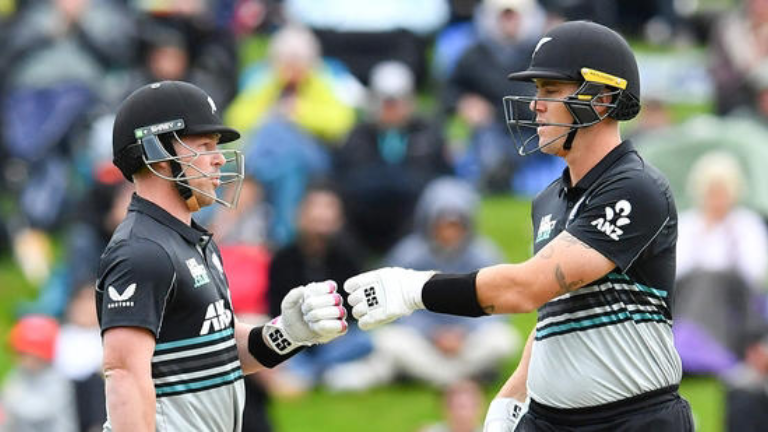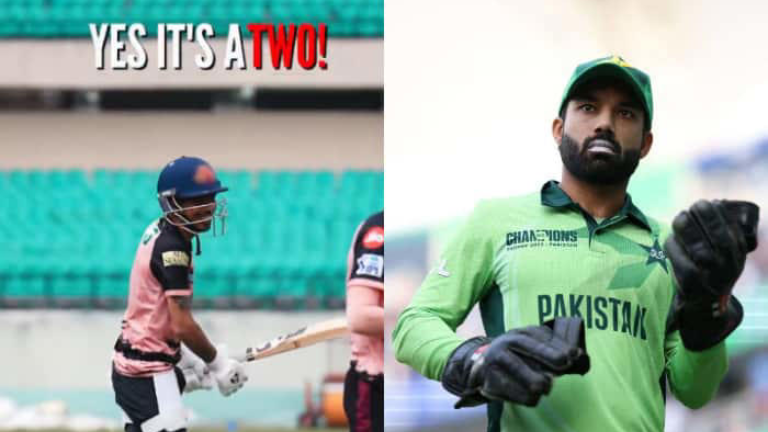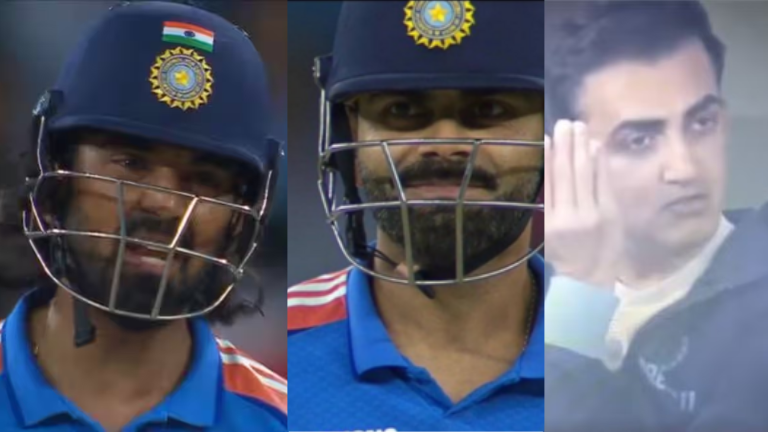BCCI Bans Harry Brook for Two Seasons: Michael Clarke Defends Decision
The Board of Control for Cricket in India (BCCI) has imposed a two-season ban on England cricketer Harry Brook, sparking widespread debate in the cricketing world. The BCCI bans Harry Brook for two seasons after the star batter withdrew from the IPL 2025 season, despite being bought for ₹6.25 crore by the Delhi Capitals at the mega-auction.
Brook’s last-minute withdrawal marks the second consecutive year he has pulled out of the IPL after securing a contract. In IPL 2024, Brook informed the Delhi Capitals just days before the tournament that he would not participate due to personal reasons following his grandmother’s passing. He had also skipped England’s five-Test series in India earlier this year.
However, former Australia World Cup-winning captain Michael Clarke has sided with the BCCI’s firm stance, stating that the ban on Brook sets a strong precedent for future players who may consider withdrawing after the auction.
BCCI Bans Harry Brook for Two Seasons: Why Was the Decision Made?
The BCCI bans Harry Brook for two seasons as part of its zero-tolerance policy against player withdrawals without legitimate reasons. This move aims to protect franchises from losing key players unexpectedly after investing significant amounts during the auction process.
Speaking on the Beyond23 Cricket Podcast, Clarke backed BCCI’s strict enforcement, suggesting that some players withdraw simply because they are unhappy with their contract values.
“What did Harry Brook get bought for? Imagine he’s on a full contract with the ECB and he’s been banned now. Because this is what happens as well. A lot of players go into the auction, they don’t get picked up for the amount they would like, and then they pull out.”
“The IPL says if you pull out, you get an automatic two-year ban. It sounds like Harry Brook is the first player to face this, but I understand why the IPL would do that.”
With the BCCI bans Harry Brook for two seasons ruling in place, the governing body aims to deter other players from using the auction as leverage without actually committing to playing in the tournament.
Respecting Contracts: Clarke Backs BCCI’s Firm Stance
Brook’s withdrawal from IPL 2025 has been met with mixed reactions. While some sympathize with his need for rest, others argue that players should honor their contracts once they agree to participate in the auction.
Michael Clarke reiterated the importance of players respecting the commitments they make, emphasizing that cricket is not just about personal choices but also about respecting the leagues and franchises involved.
“Every player would like more money, but once you go into that auction and you’re bought, you’ve got to respect that.”
“You can’t just pull out because you haven’t been paid the amount you wanted.”
Clarke acknowledged that there are valid personal reasons for missing a tournament, but he pointed out that franchises and tournament organizers need to maintain the credibility of the IPL.
“If there are personal reasons, I think the IPL will understand and respect that. But if it’s because you’re not getting the money you want, they are going to crack down on that. And you have to respect that.”
Impact of BCCI’s Decision on Future Player Withdrawals
The BCCI bans Harry Brook for two seasons ruling is expected to have a long-term impact on the IPL auction process. Moving forward, players will need to think twice before entering the IPL auction if they are unsure about their participation.
📌 Key Impacts of the Ban:
✔ Fewer last-minute withdrawals as players will be held accountable for their decisions.
✔ Stronger contractual enforcement ensuring franchises are not left scrambling for replacements.
✔ Increased respect for IPL commitments, preventing players from treating the tournament as an optional engagement.
The BCCI bans Harry Brook for two seasons decision also raises concerns for England’s national team. Brook is widely regarded as a future leader in England’s limited-overs setup, and with Jos Buttler stepping down as captain, many believe that Brook is the front-runner for England’s next leadership role.
His absence from the IPL for two years could impact his T20 experience, potentially affecting his performance in global T20 tournaments.
Harry Brook’s Perspective: Why Did He Withdraw from IPL 2025?
Harry Brook cited workload management and personal reasons as the main factors behind his withdrawal from IPL 2025. With a packed international schedule, Brook reportedly wanted to recharge before taking on greater responsibilities with the England team.
However, Clarke believes that players must make a choice early on—either commit to IPL or focus on domestic/international cricket.
“He is a wonderful player, and I have no doubt that he will be part of the IPL in the future if he wants to. But he’s probably got his reasons.”
“Every individual will have to make this choice – IPL or domestic competition. You have the choice to go in.”
Brook’s situation highlights a larger debate in modern cricket—how players balance franchise cricket with international commitments. While workload management is a genuine concern, unjustified withdrawals after the auction could damage a player’s credibility.
Will the Two-Season Ban on Harry Brook Set a New Precedent?
The BCCI bans Harry Brook for two seasons ruling is one of the strictest enforcement actions in IPL history. While it may seem harsh, the decision is aimed at protecting franchises and maintaining the integrity of the tournament.
📌 Key Takeaways:
✔ BCCI’s two-season ban on Harry Brook aims to prevent unjustified player withdrawals.
✔ Michael Clarke backs BCCI’s decision, stating that players must respect their IPL contracts.
✔ Brook’s absence may impact his future in T20 cricket, especially in the IPL.
✔ Other players will now think twice before pulling out after securing an IPL contract.
With the BCCI bans Harry Brook for two seasons ruling now in place, all eyes will be on whether other players follow IPL commitments more seriously in the coming seasons.
Only time will tell if this decision will set a new precedent or if players will find ways to navigate around it.

